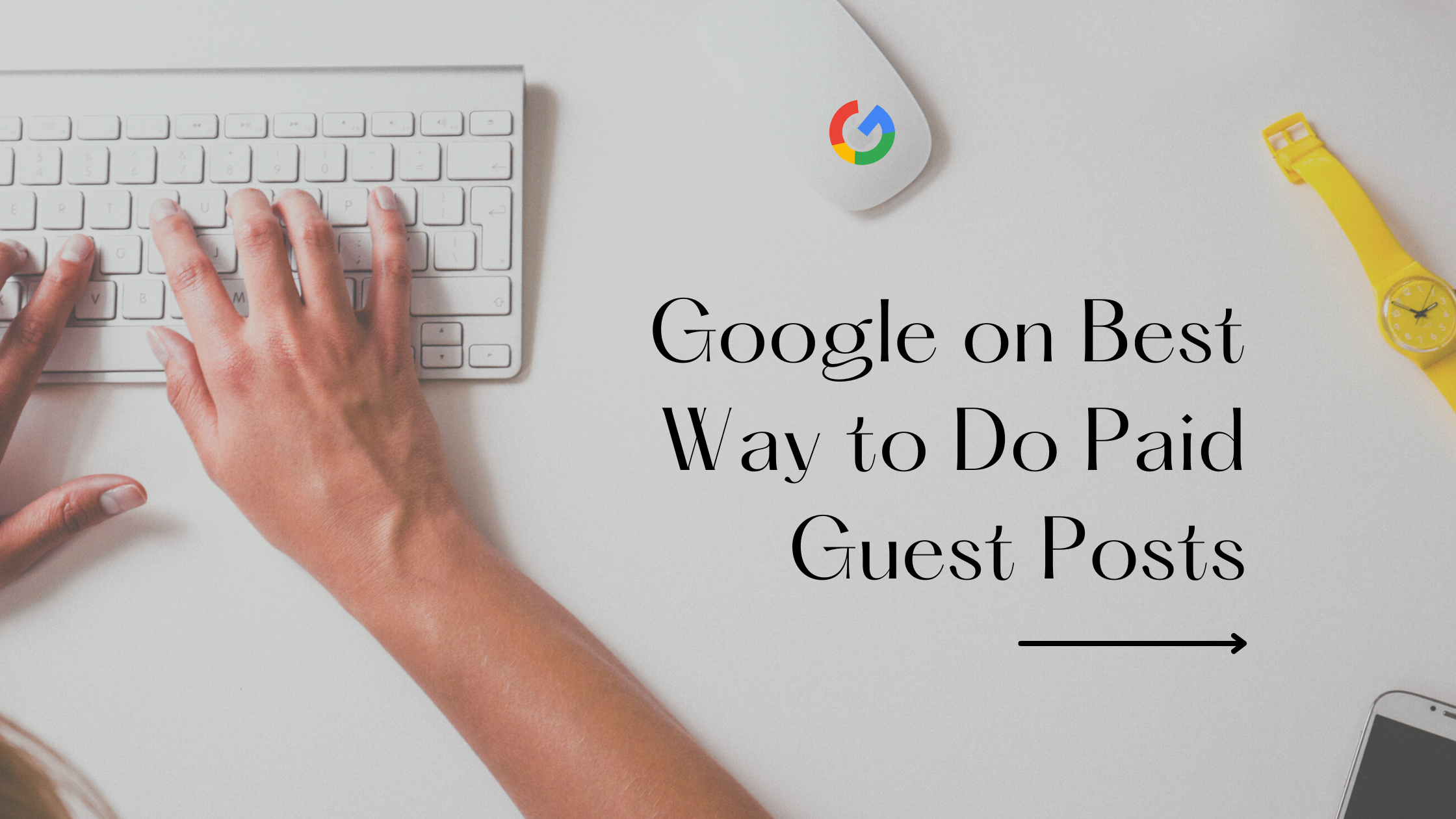John Mueller from Google provided valuable insights on paid guest posts, offering sound guidance on the appropriate approach to ensure that Google approves of such arrangements.
Recent History Of Guest Posts
The concept of guest posting, whether paid or unpaid, is an antiquated strategy that has been thoroughly exploited, leaving it devoid of any remaining “link juice,” akin to a squeezed lemon whose essence has been fully extracted.
In 2014, Google’s Matt Cutts authored a blog post declaring the demise of guest blogging and urging SEO professionals to discontinue its use. Subsequently, Google initiated a series of punitive measures against guest blogging platforms and even imposed penalties on individuals, including an instance where a website, that had only published five guest posts, was penalized.
In the present day, Google has shifted its approach and no longer imposes penalties as it once did. Instead, it simply prevents these links from transmitting PageRank, rendering it challenging to gauge the effectiveness of a given link. Consequently, people continue to engage in guest posting, primarily because the punitive consequences are no longer as apparent.
Google’s John Mueller On Paid Guest Posts
During a Google SEO Office Hours session, an individual shared that every website they reach out to for guest posting requests payment. They were curious to ascertain whether paid guest posts violated Google’s guidelines, even if the paid guest post provided “high-quality content.”
This is the question:
“Most websites only offer the option to purchase a “guest post” (to gain a backlink) from them nowadays.
Is this against Google’s guidelines if I’m writing valuable content?.”
John Mueller answered:
“It sounds like you’re already on the right track.
Yes, using guest posts for links is against our spam policies.
In particular, it’s important that these links are qualified in a way that signal that they don’t affect search results.
You can do this with the rel=nofollow or rel=sponsored attributes on links.
It’s fine to use advertising to promote your site, but the links should be blocked as mentioned.”
Paid Guest Posts Are Advertising
Mueller emphasizes a crucial point: Paid guest posts essentially serve as advertisements.
His assertion is accurate. In Google’s eyes, when you have paid guest posts containing links, they are indeed considered advertisements.
Recognizing the significance of this insight, it becomes evident that failing to properly label such advertisements not only misleads readers but may also result in potential violations of laws aimed at preventing deceptive advertising.
Determining the legality of such practices can be a complex matter and should be discussed with legal counsel, as the boundary between what is considered legal and illegal can often be quite subtle.
For further guidance, one can refer to the guidelines provided by the United States Government Federal Trade Commission on Native Advertising, which outline recommendations for appropriately identifying content as advertisements.
Paid Guest Posting Can Be Useful If Correctly Done
Publishing guest posts can serve as a highly effective advertising strategy, provided that the links within them are correctly designated with the “nofollow” attribute.
A significant portion of achieving website success revolves around establishing brand visibility and fostering a positive reputation for one’s products or services.
Engaging in paid guest posting represents a cost-effective means of promoting a website, although it may not be the most effective strategy for link-building purposes.
Listen to the Google question and answer at the 4:42 minute mark:
For more such tips, updates and learning resources, stay tuned to Insitebuild Blog.






